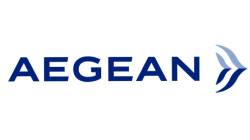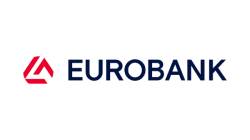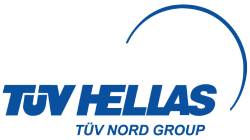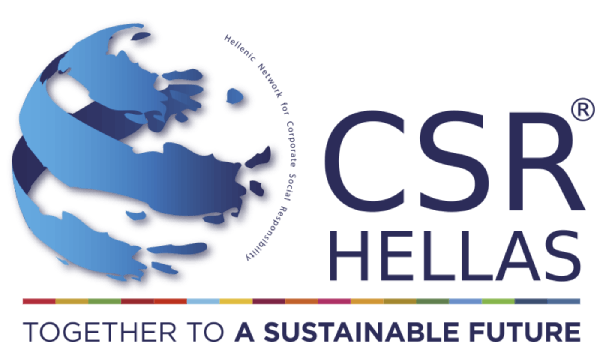The Program
In the framework of the implementation of the two-year, co-financed by the EC project of innovation transfer “Growing on Ethics”, an educational program was devised, from 2013 until 2015, aiming to provide both managing executives and employees with the relevant skillset for the adoption of a more ethical approach to their corporate reality and personal activities.

The four thematic areas that the program focused on were:
• Ethical Behavior
• Responsible Leadership
• Punctual Payments
• Work-life balance
Utilizing a combination of theoretically-verified common methodology and practical tools, the aim of the program was the adoption of a holistic and innovative approach that had the ability to reinforce the integration of the ethics and principles of CSR into the educational process and to contribute to the improvement of cooperation among educational foundations. In this way, our goal was to facilitate the development of innovative practices in the field of professional education and training as well as the exchange of good practices between different countries for their broader dissemination.
The program was implemented in a period only shortly after the economic crisis of 2008-2009, which contributed to substantial changes in the workplace and the European economy, and resulted in the EC setting the pursuit of a more sustainable and inclusive society as a goal until 2020, based on management models that had just appeared and which incorporated ethical behavior, responsibility and transparency.
Added Value on a European Level
This innovative educational approach was in harmony with the aforementioned pursuit of the renewed European strategy for CSR during the same period, which defined CSR as the “responsibility of enterprises for their impact on society”.
Specifically, this strategy stated that in order for enterprises to be able to respond adequately to their social responsibility, they “should have in place a process to integrate social, environmental, ethical, human rights and consumer concerns into their business operations and core strategy in close collaboration with their stakeholders” (2011, EC).
For this reason, the program was addressed not only to managing executives and corporate employees, but also to providers of professional training and education, NPOs, public bodies, corporate organizations and other stakeholders, mobilizing them to utilize principles and activities that are based, among others, on ethics, transparency, the creation of collaborations, leadership, employee mobilization, mutual respect and understanding and a good work-life balance in their everyday business operations, as a prerequisite for a better corporate and social environment.
With the program, we attempted to reinforce already existing CSR networks in every participating country but also to build similar structures wherever that was deemed necessary, with an emphasis on economic, environmental and social issues.













